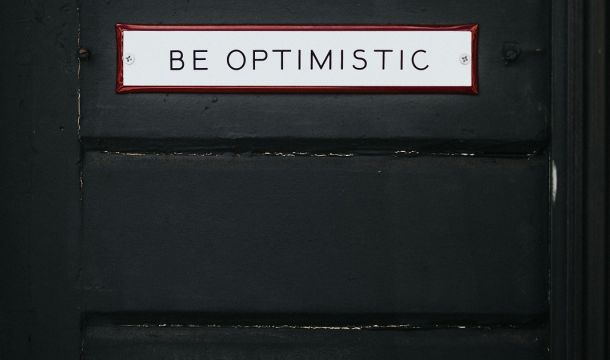A Review of “Use of Research Evidence by Criminal Justice Professionals”
Timothy Daty, University of New Haven
This article previously appeared in ACJS Today. Permission was granted to republish it here.
In the recent issue of Justice Policy Journal, Johnson and colleagues explore the use of research evidence by criminal justice professionals. In particular, the researchers discuss the underutilization of research evidence into policies and practices. Evidence-based practices serve an important role in the development and continued success of criminal justice policies and practices. Through use of research evidence, the criminal justice system can better understand the impact of various programs and develop targeted strategies. In the absence of these evidence-based practices, strategies are at a much higher risk of failing or even worsening a current situation. For criminal justice practitioners, successfully integrating this research into policy decisions can be accomplished in variety of ways. In this article, the authors provide a thorough review of current practices and describe different ways of improving evidence-based practices. To do so, three core issues are addressed in this article: the research-practice gap in the criminal justice system, strategies for increasing the use of research evidence in decision-making, and suggestions for future research.
In regards to the research-practice gap, the authors cite the relationship between researchers and practitioners and the distinct characteristics associated with each profession. Due to the nature of each profession, a disconnect may arise in how a researcher and a practitioner approach a specific issue. For a practitioner, they may view the work of a researcher as too theoretical. Alternatively, a researcher may assume that practitioners refuse to utilize scholarship due to their own personal, cultural, political, or economic goals. As a result, this can lead to several challenges in the integration of research-based practices.
In response to this, the researchers offer several recommendations to increase the use of research evidence in decision-making. Among their suggestions, Johnson and colleagues discuss how academic scholars can utilize field professionals, improve research dissemination, and pursue joint action with field professionals. In addition, the authors cite the findings from other research studies concerning the successful implementation of research into policies. A core theme present throughout this section is the researcher/practitioner relationship. Improving these relationships would strengthen collaborative efforts and close the research-practice gap.
Lastly, this research articles offers several suggestions for future research. Johnson and colleagues call for further research into the researcher/practitioner relationship. The dynamic between these two parties can impact the effectiveness of evidence-based practices. Exploring these issues could reveal how research is utilized and why decision-makers may be reluctant to incorporate research findings.
The full article may be found at: http://www.cjcj.org/uploads/cjcj/documents/use_of_research_evidence_by_criminal_justice_professionals_johnson.pdf
Recent Articles

"EBP Day" Event Login Portal

Evidence-Based Professionals' Monthly - December 2025

Evidence-Based Professionals' Monthly - January 2026

Substance Use Disorders (SUDs) Masterclass: Core & Advance Skills for Evidence-Based Practitioners

Trauma Informed Care Services

EBP Day - Our Free Annual Planning Event

Evidence-Based Professionals' Monthly - November 2025

Evidence-Based Professionals' Monthly - October 2025


